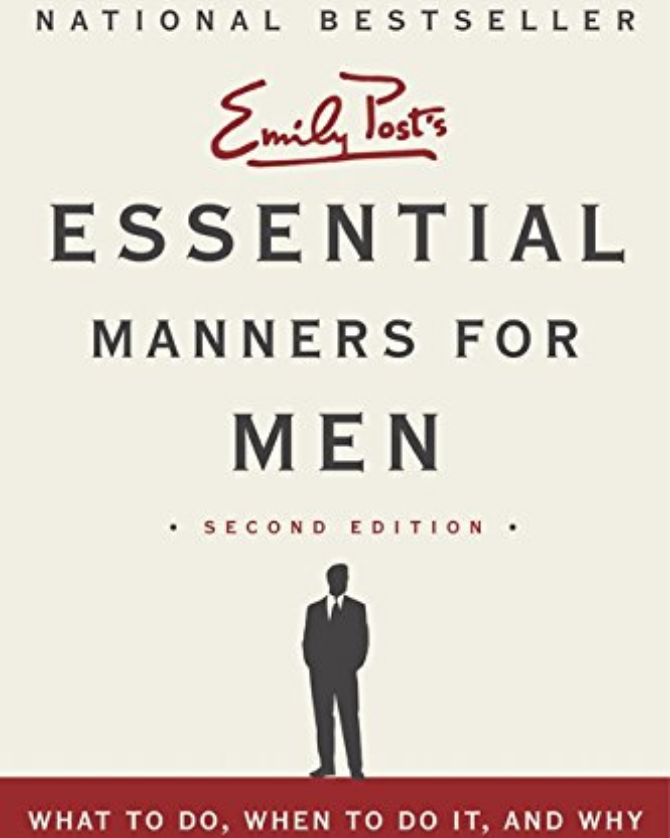Good Grooming and Wardrobe Care

The way you take care of your body and anything you put on it is an important part of your image. Paying attention to grooming and taking care with your clothing demonstrates respect for yourself and for others. The operative words are neat and clean.
Taking Care of Your Person
When you attend to personal grooming, do it at home or in a restroom, not in public. Consider the following:
- Hair: Clean, shiny, well-cut hair looks great and never goes out of style. Comb it often to keep it neat.
- Nails: The basics of nail care include neatly trimmed nails and cuticles, both of which can be done at home. If you wear polish, maintain it regularly. If you're a nail biter, keep your nails short and filed to prevent them from looking ragged. And don't forget your feet when wearing open-toed shoes!
- Breath: To keep breath fresh, try to brush your teeth after lunch as well as in the morning and at night. Regular flossing and brushing your tongue helps control odor. Breath mints can help, and it's a good idea to keep some handy. It brushing, flossing, and mouthwash don't take care of it, pay a visit to your dentist or doctor.
- Body odor: A daily bath or shower and use of a combination deodorant/antiperspirant is the best defense against body odor. So is showering before returning to work after a lunchtime workout.
- Perfume and cologne: Apply perfume or cologne sparingly. If your scent lingers in the room after you leave, you're wearing too much. Unfortunately, the perfume you love may offend someone else or even cause an allergic reaction. Some workplaces have "no scent" policies, so check yours out. When choosing a scent, opt for something light for daytime or office, and save the heavier or more "romantic" scents for the evening.
Taking Care of Your Wardrobe
Clothes send a message about how you want others to see you. Especially at for special events or daily work, clothes should be spotless at the start of each day; soiled or sloppy work clothing reflects on both you and your employer. Clothes should be:
- Clean: Don't be tempted to wear anything with spots or stains, or that's just plain dirty. Sometimes even clean clothes may not be as fresh as they appear, so apply the sniff test.
- Neat: Clothes should be free of wrinkles, lint, holes, and missing buttons. Hems should be intact. Investing in a few clothing-care tools and learning how to use them is also a good idea. Some of the basics are:
- Iron and ironing board: Learn how to iron a blouse or dress shirt, trousers, and skirt. A steam system can be an important compliment to your iron and may be the best/only option for getting wrinkles out of some garments.
- Clothes brush or lint roller: Hang one on the back of your closet door and keep one at work or in your car. Even if you clothes are clean, lint and pet hair will detract from your appearance.
- Basic sewing kit: Learn how to sew on a button and repair a basic hem. Scissors will help remove loose treads without causing further damage.
- Shoe shine kit: Regular care of your shoes—and other leather goods—makes them look great and protects your investment.
- Invest in cedar, mothballs, or other protection against insects that can damage cloth. Take garments out of plastic bags for long term storage.










